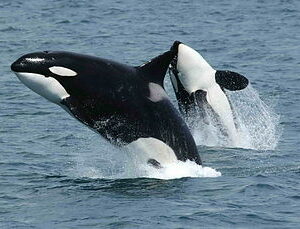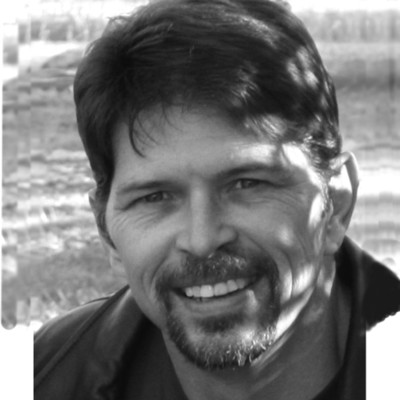Today, animal rights activists are supporting the release of sea creatures from aquariums into the wild in honor of “Empty the Tanks Day.” While I sympathize with the desire to reenact “Free Willy,” as a former whale and dolphin trainer, I know firsthand that releasing them from their current habitats doesn’t usually have a Hollywood ending.
While we often imagine an uplifting image of a whale or dolphin swimming off into the sunset and freedom, the truth is much uglier. Marine mammals that have lived long periods, or their entire lives, in professional zoological care are simply not suited to thrive in the wild. Skills that wild animals learn from infancy simply don’t exist for ones from aquariums and zoos. They have never had to hunt, navigate the ocean, or evade predators before.
Animals’ lives under human care are comfortable, even pampered, and very different from life in the wild. If returned to the wild, their lives may come to an untimely end.
Take the story of Keiko, the whale-actor from the movie “Free Willy.” It’s a sad tale and one that’s long been personal to me–I worked on the Keiko Release Project and witnessed this tragedy firsthand.
Keiko was the subject of a push from animal rights activists to reintroduce him to the wild. They got their wish, and he was moved to the North Atlantic in 1998.
Keiko died five years into the project, but he was never released. He was never without the human support he learned to depend upon. He was never able to join a wild orca pod, and he failed to feed himself. At each opportunity throughout the experiment, Keiko sought human companionship. He even visited a small town in the Norwegian fjords and interacted with the people there. Keiko did not die an easy death in the wild; he suffered greatly over a long period, likely never understanding why he was being deprived of the only life he had known.
He was only 26 at his death, while wild orcas typically live to around 35. In human care, he might have lived much longer.
While emptying the tanks seems like it’s pro-animal, it would just be condemning countless other marine animals to Keiko’s fate.
The organizers of “Empty the Tanks Day” suggest using sea pens – enclosures in the open water – for animals that shouldn’t be fully released into the wild.
This sounds like a nice compromise, but it has a whole host of its own problems.
For many species, sea pens are less safe than aquariums. Sea pens provide no protection from the countless pollutants that show up in our oceans, causing several health problems, which are all more difficult to treat than they would be at an aquarium. After a life spent in a contaminant-free habitat, few of these animals have the immune system to fight off this risk of infection.
Just as important, sea pens do nothing to fix the critical issue that animals raised in zoological care are accustomed to human interaction and can become stressed and depressed without it.
Even if sea pens were an effective solution, current sea pen capacity is woefully inadequate for anything approaching “emptying the tanks.” Today, the only operational sanctuary equipped with sea pens suitable for large marine mammals is located in Iceland, which is too cold for many of the potential residents and too isolated for easy relocation. In addition, the facility may even carry the risk of orcas and dolphins ingesting debris from the pen’s floor to deadly effect. Other comparable facilities in the past have experienced this issue, leading to health issues for the marine life kept there.
The fact of the matter is that our aquatic friends in human care are safer, healthier, and happier than they would otherwise be in the wild. They’ve spent their whole lives, or much of them, depending on and in the company of humans, and taking them away from that would be dangerous and cruel. The concept is not unlike abandoning a pet cat or dog in the wild to fend for itself.
Let’s keep our whales and dolphins happy and healthy, not condemn them to a lonely death. It’s too late for Keiko, but we can learn from his end and not repeat the same mistake. Maybe a better use of our time would be cleaning up wild habitats where animals increasingly struggle for survival against human impacts.


